- Tara Giri
Researchers have pointed out the water crisis is especially the governance crisis and in future if we will be facing the water scarcity it will not be because of the inadequate water but will be because of the inadequate management of water. Water Governance is defined by Rogers and Hall in Hoekstra (2006) as “the range of political, social, economic and administrative systems that are in place to develop and manage water resources, and the delivery of water services, at different levels of society”. Global task force, 2016 has emphasized that localization of SDGs is extremely important at sub-national levels to achieve the SDG agenda of 2030.
In Nepal, the government formed in 2018 was preceded by elections for all three tiers of the state architecture defined by the new constitution, marking a protracted but successful conclusion of a political transition that began with the signing of the Comprehensive Peace Agreement in November 2006. As per the Constitution and Local Government Operation Act, 2074 local government is primarily responsible to ensure the access to water sanitation and hygiene services and also has the authority to formulate their own standards, rules, regulation and program plans.
Nepal witnessed tremendous achievements in increasing access to basic WASH services as well as achieving ODF status at national level on 30th September 2019. With creation of enabling policy environment, inclusive planning and coordination, decentralized service delivery arrangement and highest level of leadership and political will at all level of governments, coverage of both drinking water, and sanitation facilities has almost reached 95 per cent as evident from multi-indicator cluster survey . However, WASH sector yet to move to another ladder of services and meet SDG 6, which are also justified by national and international studies.
According to UNDP, “governance comprises the complex mechanism, processes and institutions through which citizens and groups articulate their institutions, mediate their differences, and exercise their legal right and obligations”.
Governance is more that the government, writing policies or conducting trainings. Improving governance start with system analysis and thoughtful partnership involving the use of right levers which focuses on the incremental changes in the performance . According to UNDP, “governance comprises the complex mechanism, processes and institutions through which citizens and groups articulate their institutions, mediate their differences, and exercise their legal right and obligations”. Policy framework, Institutions and processes are the pillars of WASH Governance.
The success of 2030 Targets requires a definite institutional arrangement to lead the coordination, implementation and monitoring of individual sustainable development Goals (SDGs) across sectors. Due to the lack of legal frameworks, institutional clarity, roles and responsibilities among the different stakeholders have always been a challenge to focus on strengthening WASH Sector governance and achieve SDG. Nepal recently endorsed Federal WASH Act 2079 referenced for preparation of Local level WASH Act meant to establish WASH sections at Local Governments. However, with 18% of Rural/Municipalities endorsing their WASH Act, this has a lot to do. Political commitment and leadership are the keys to redressing this, responsibility for implementation lies with the functional sector institutional mechanisms in place
According to the provisions of the said Act, the responsibility for planning, implementation and monitoring of water and sanitation projects lies with the three levels of government, while the responsibility for providing water, sanitation and hygiene services lies within the single jurisdiction of the local government.
Madhesh and Gandaki Province has endorsed their Provincial WASH Acts whereas other 5 provinces are in developing phases. Whereas around only 10% of local governments have their WASH Acts in place. According to the federal democratic constitutional system, three levels of government have been established in their respective areas specified by the constitution. Schedules 8 and 9 of the Constitution provides for the single and common jurisdiction of the federal, state and local governments. According to which, the Local Government Operation Act 2072 has been implemented. According to the provisions of the said Act, the responsibility for planning, implementation and monitoring of water and sanitation projects lies with the three levels of government, while the responsibility for providing water, sanitation and hygiene services lies within the single jurisdiction of the local government and hence for planning, guiding, developing, operating, promoting and monitoring and evaluating all WASH activities within the local level, it is necessary to establish WASH Section at the local government.
In the same way, Federal WASH Act 2079 have also proposed to establish WASH Sections at local Governments to monitor all water and sanitation services. However, the local governments are working in their own way for plan implementation, supervision, and coordination and monitoring of WASH activities. There is no separate structure yet the activities are being conducted within the existing structures at the local level. There was an assessment done by the Department of Water Supply and Sanitation Division in different Rural/ Municipalities regarding the institutional structure responsible on WASH which reported that there were different structures in different local governments under different conditions and methods not having a specific structure in place.
WASH Sections in local Governments are specially established for planning, coordination, implementing, monitoring and evaluation of all water supply, sanitation and hygiene projects within the local level and prepare annual plan preparation of the municipality based on the priorities mentioned in the WASH plan.
WASH Sections in local government have the significant role in strengthening water, sanitation and hygiene governance. WASH Sections in local Governments are specially established for planning, coordination, implementing, monitoring and evaluation of all water supply, sanitation and hygiene projects within the local level and prepare annual plan preparation of the municipality based on the priorities mentioned in the WASH plan. Preparation of Local drinking WASH related policies, laws, regulations, standards, and guidelines are also among the major roles and responsibilities of the section. Water tariff determination and water service management along with planning, implementation and regular monitoring of drinking water, sanitation and hygiene plans are the major roles of the section. Capacity building with planning and providing training on WASH, its intervention activities, technology dissemination together with technical support and material supply facilitation is done. Preparation of 'WASH Contingency Plan' including pre-preparedness and response plan and necessary materials, tools and procedures in order to deal with the situation that may occur due to disaster or disaster in the water supply, sanitation and hygiene sector at the local level is also equally important. However, the WASH Sections are be strengthened with human resources, financial resources as well as technical support and trainings.
The ministry of water supply/ DWSSM have envisioned that all Municipalities having geo-referenced WASH Plan so that the country can have a real figure of WASH Service status across the country. The Department of Water Supply and Sewerage Management under the Ministry of Water, Government of Nepal is the central administrative body of this (N-WASH MIS) information system. WASH MIS officer/IT Officers of Local Government manages, operates and regulates under the supervision of the WASH Section chief who is responsible in coordinating and managing the information among local, Provincial and Federal Governments.
WASH plan supports in localizing the SDG’s through decision support system and use of NWASH MIS. Local government is responsible for data collection, update and use whereas provincial government is responsible in validating and using the information at provincial level planning and federal government will be responsible for preparation of policies, guidelines and strategies for making enabling environment for WASH Plan preparation and implementation. Thus prepared WASH Plan supports in fulfilling the gaps in local government for improving institutional capacity, information and investments in WASH Sector.
The information system (N-WASH MIS) is under the regulation, supervision and monitoring of the federal department. By using this information management system (NWASH MIS), all local governments can formulate their WASH Plan in line with sustainable development goals. It will also facilitate the mobilization and management of all the necessary human resources, material resources and financial resources for the implementation of their WASH Plans.






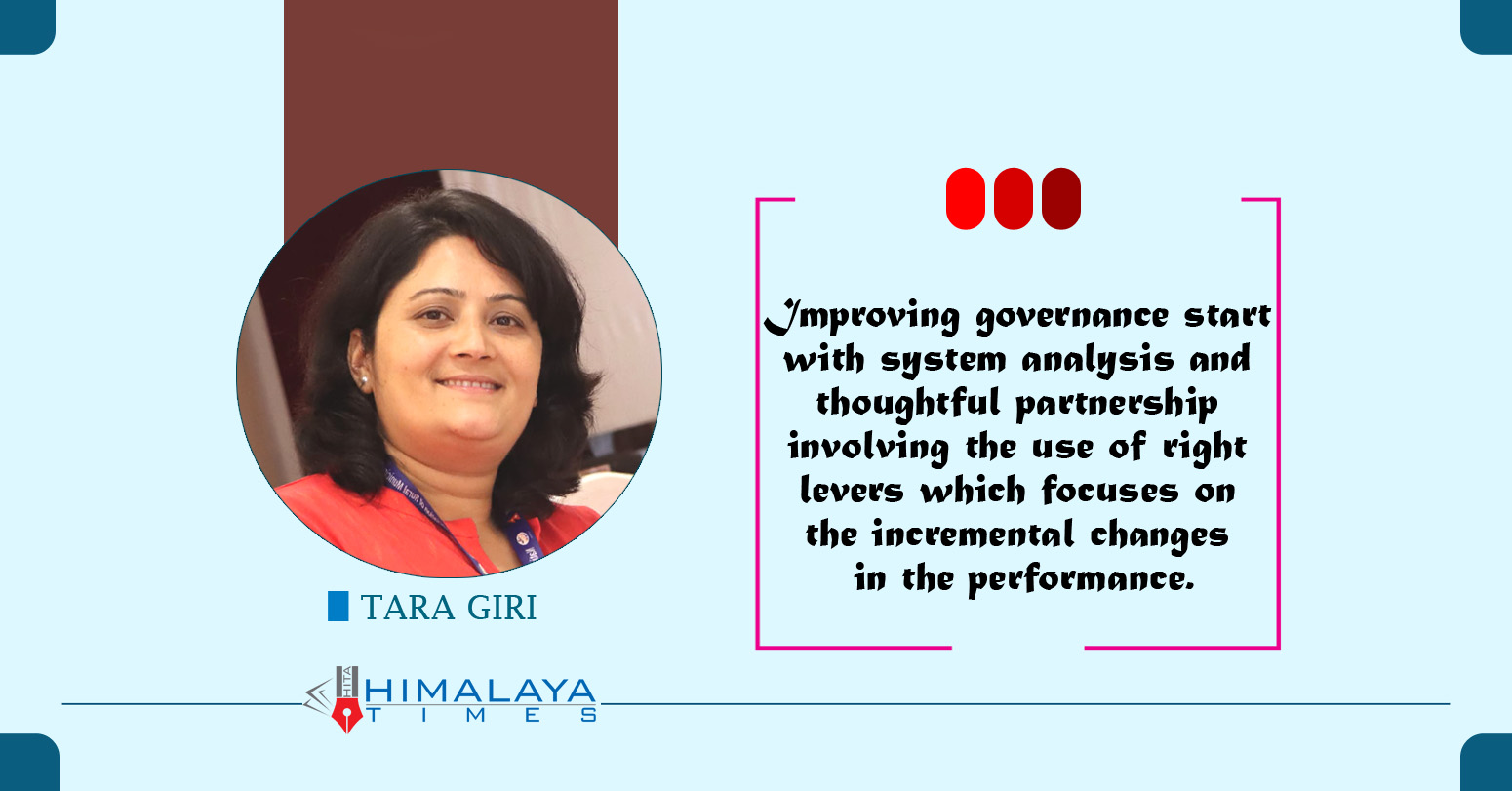




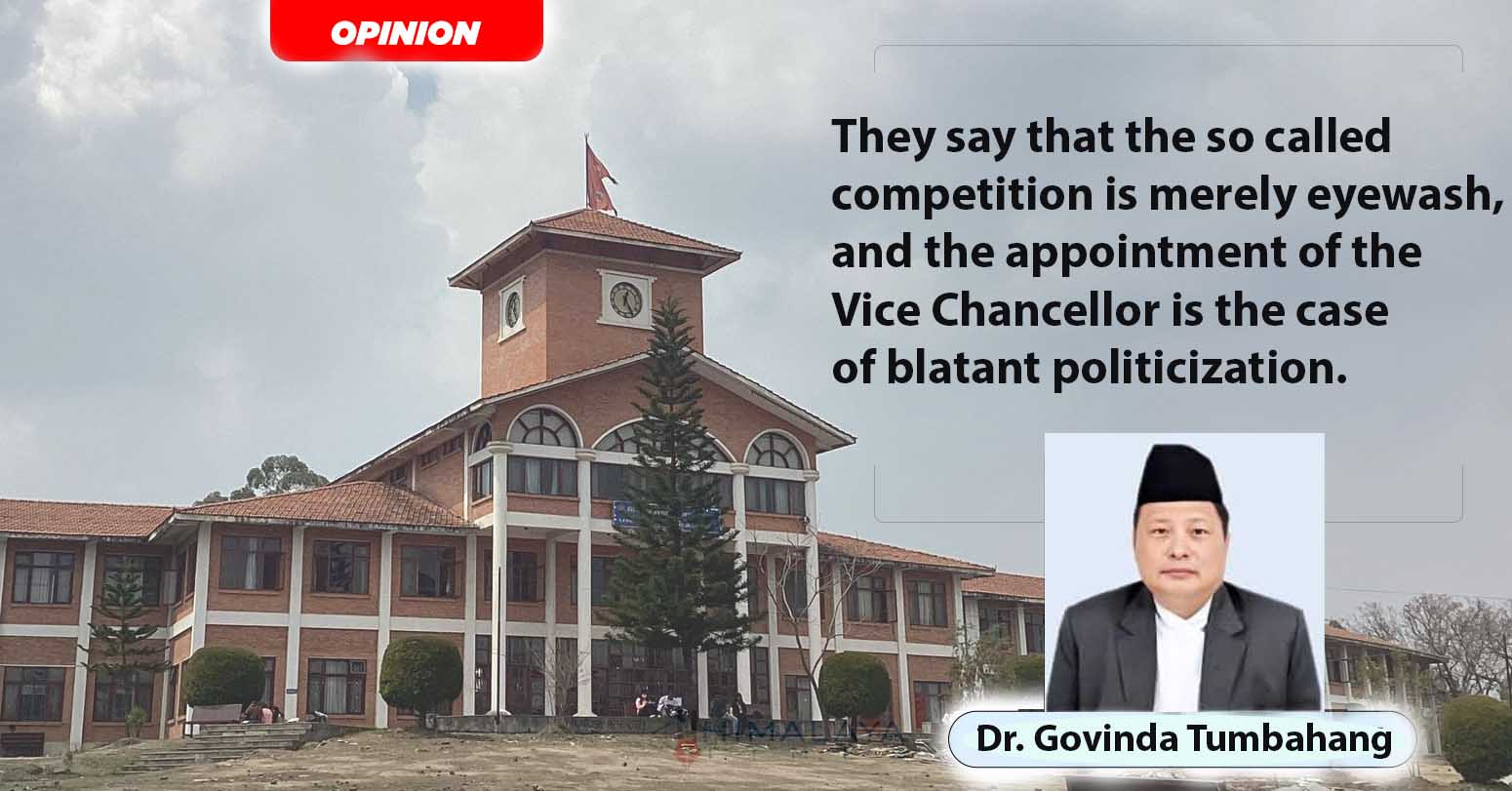


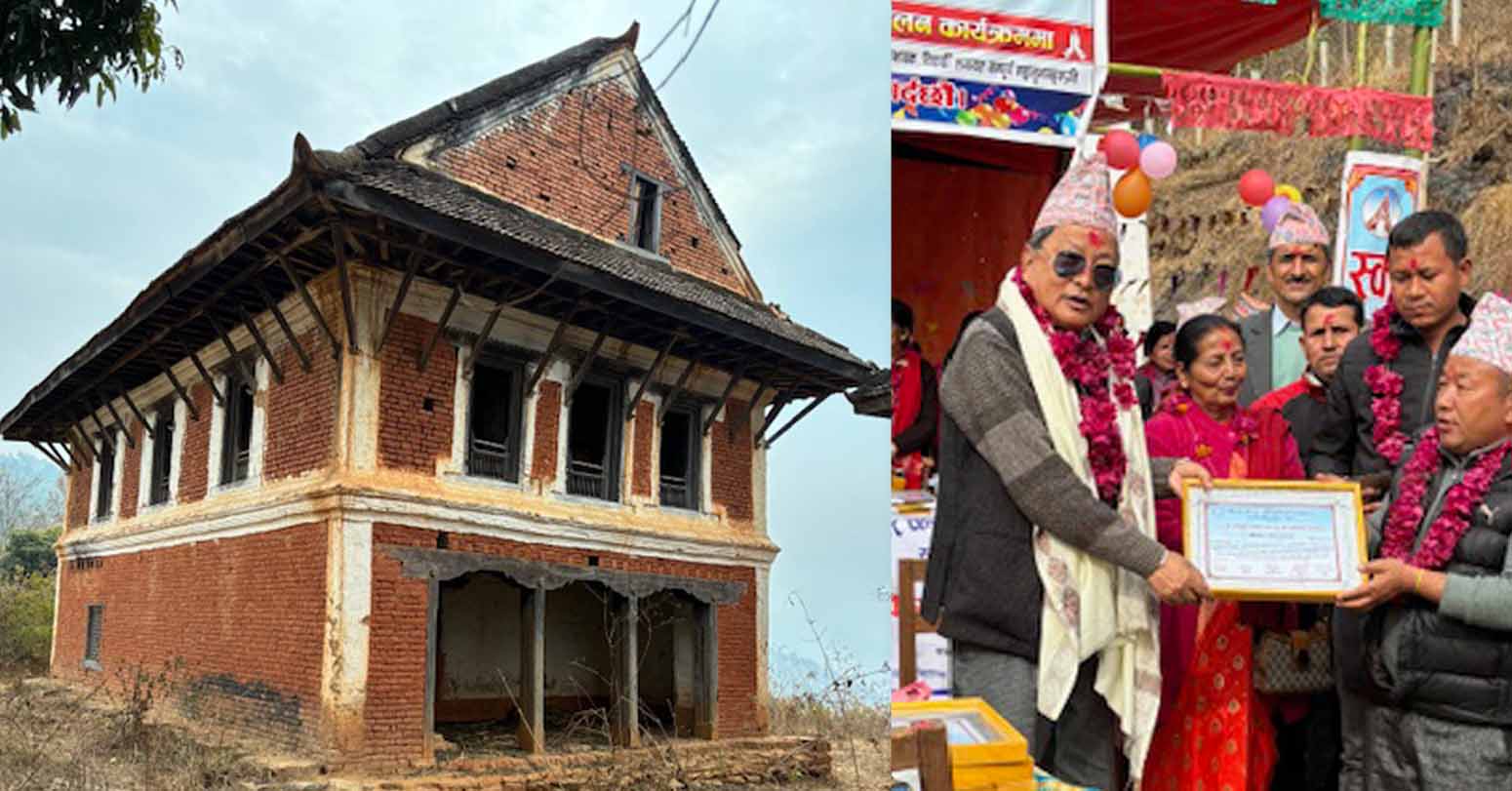

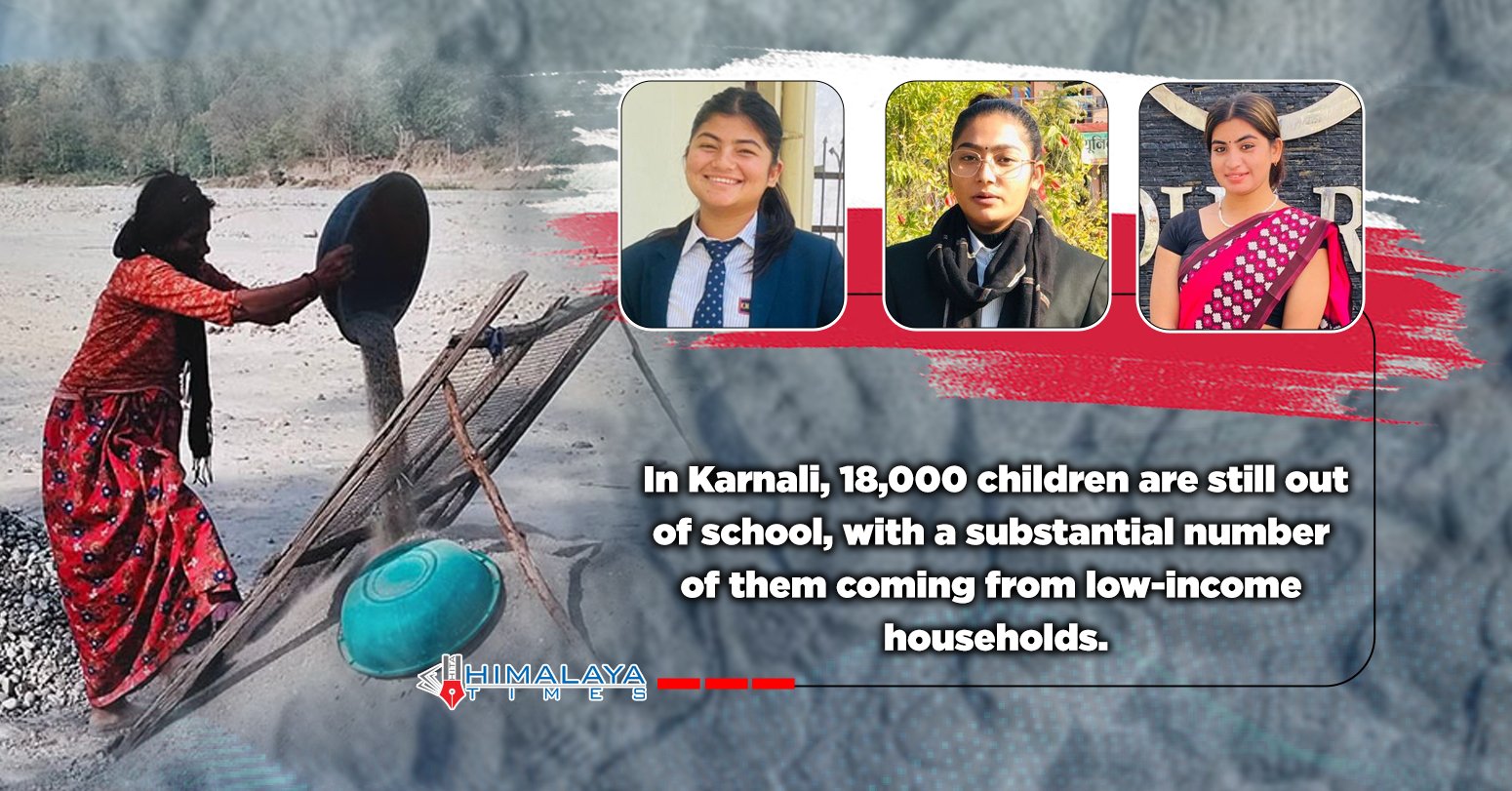
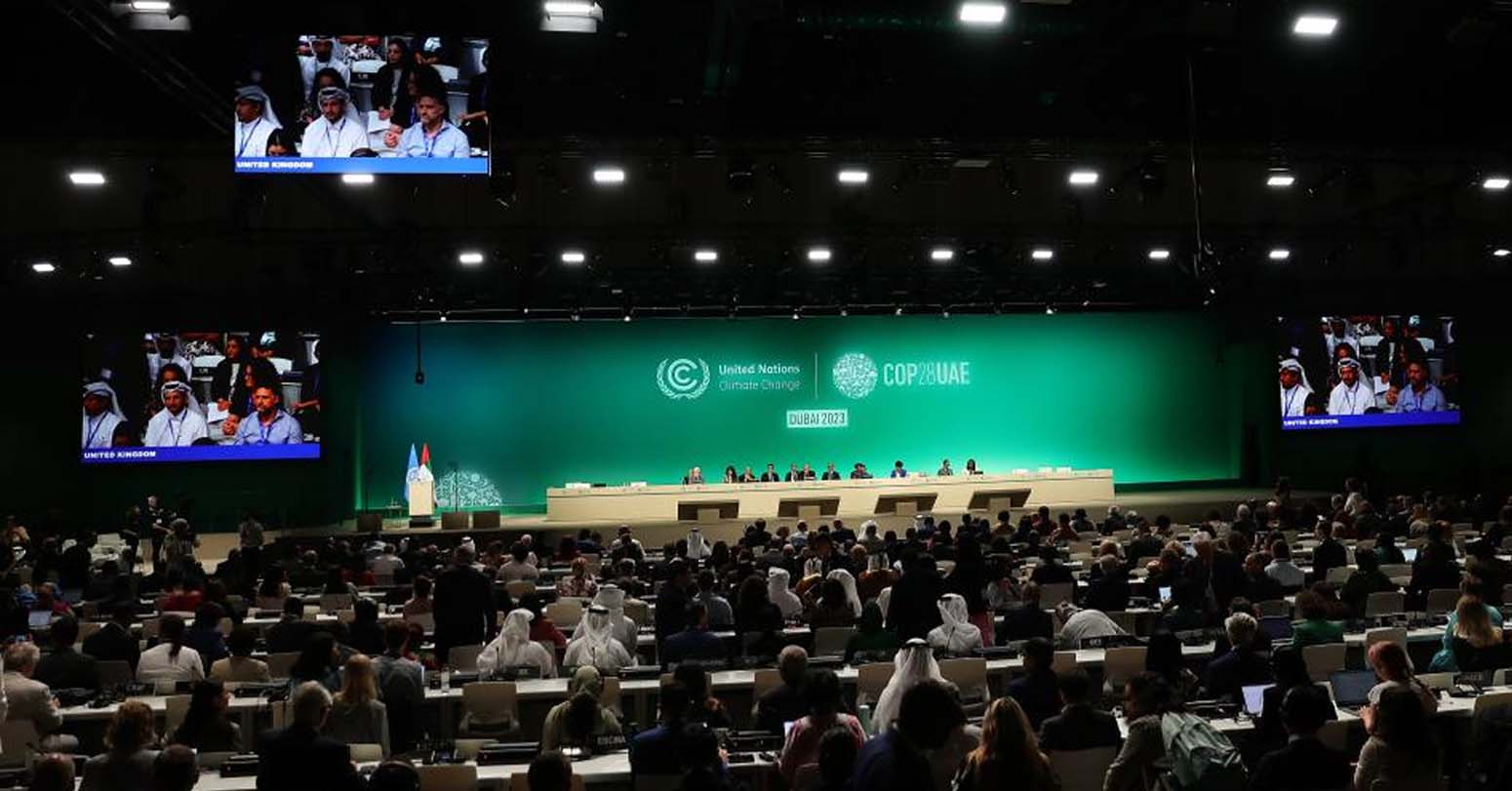
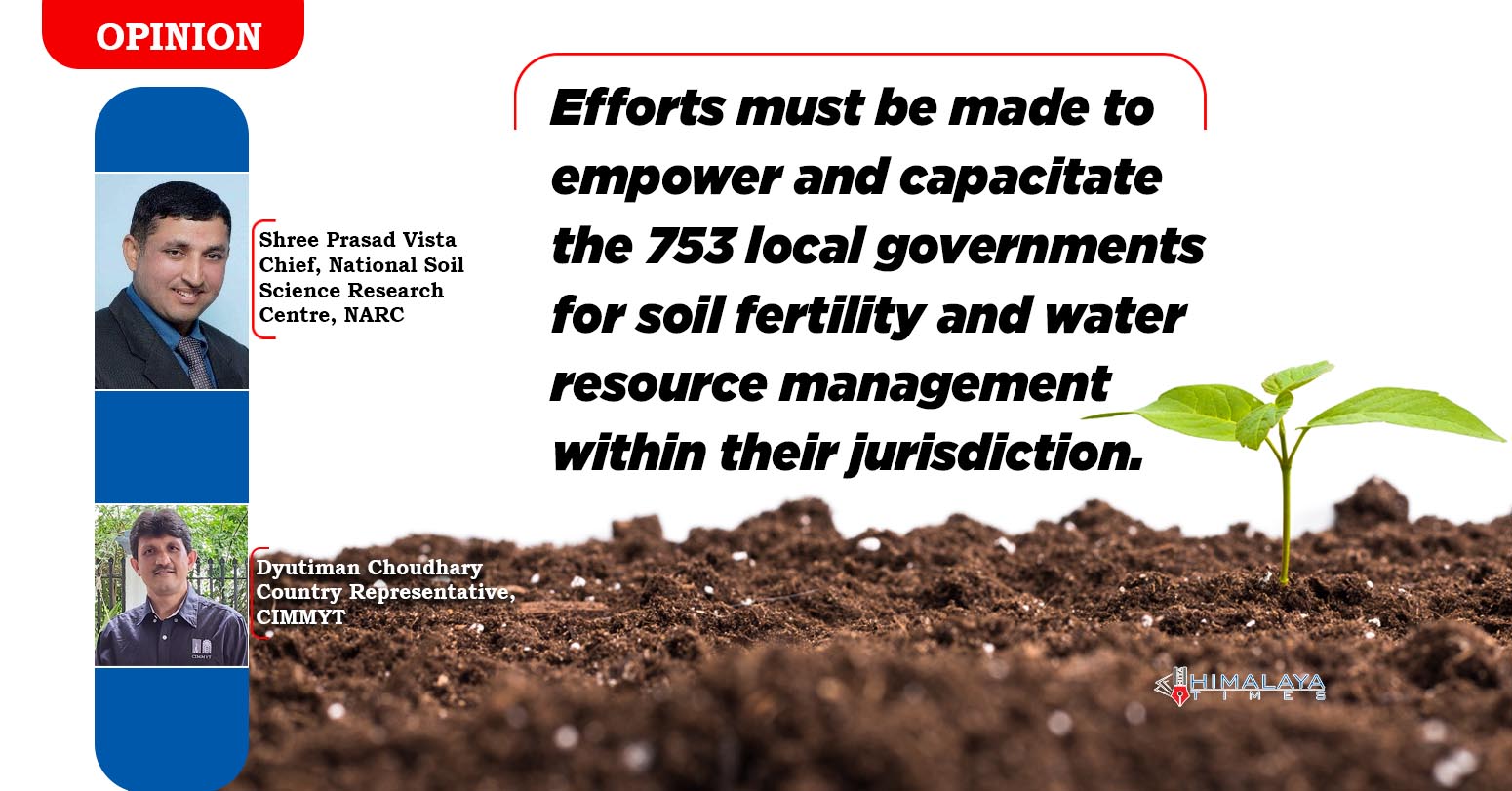
Comprehensive Data Protection Law Critically
Gender Differences In Mental Healthcare
Messi Wins Best FIFA Men’s
Erosion of Democracy
Fly Dubai Catches Fire in
“Complexities of the South Asian